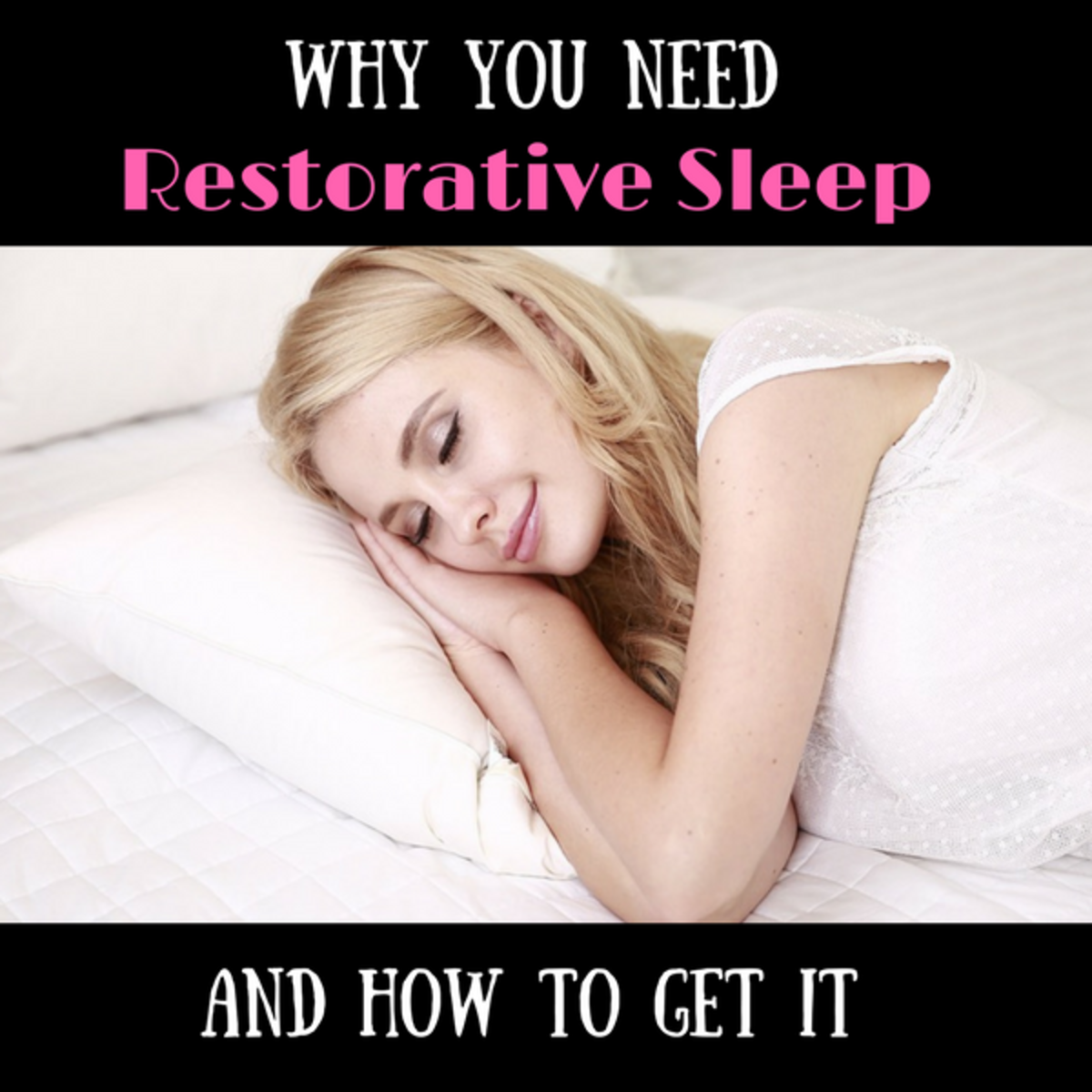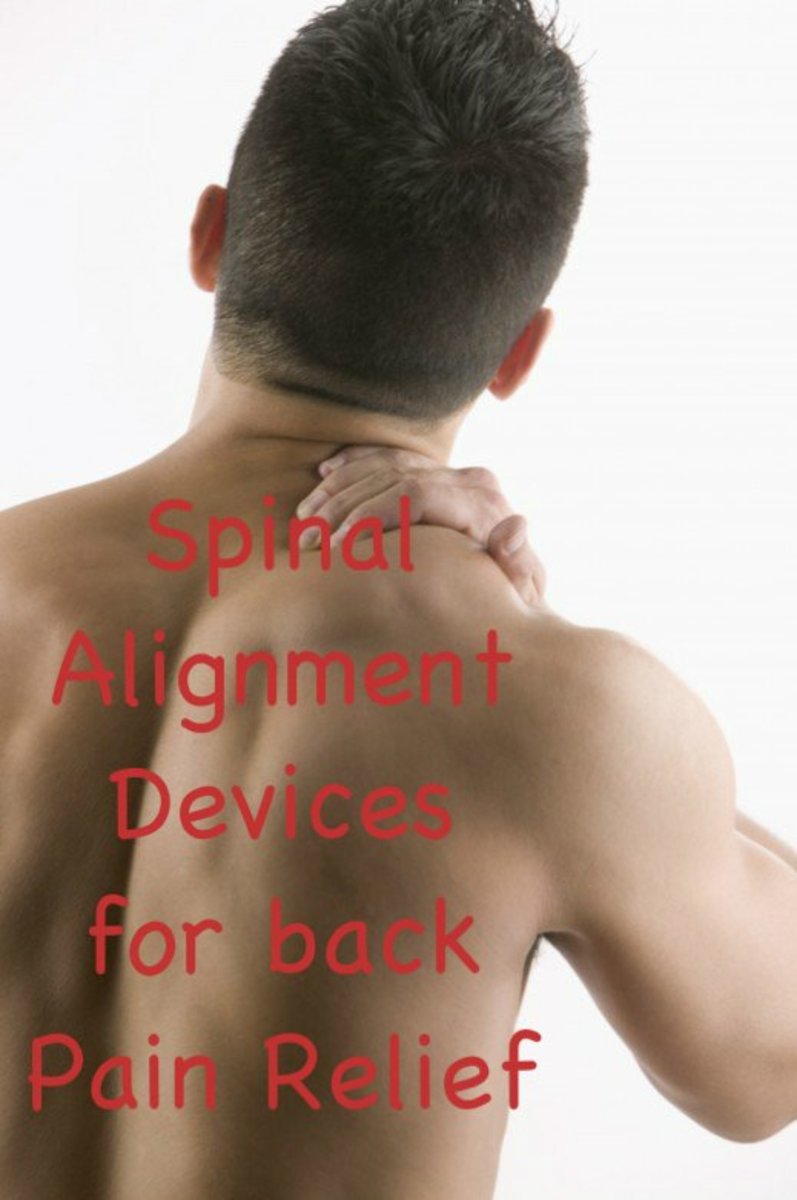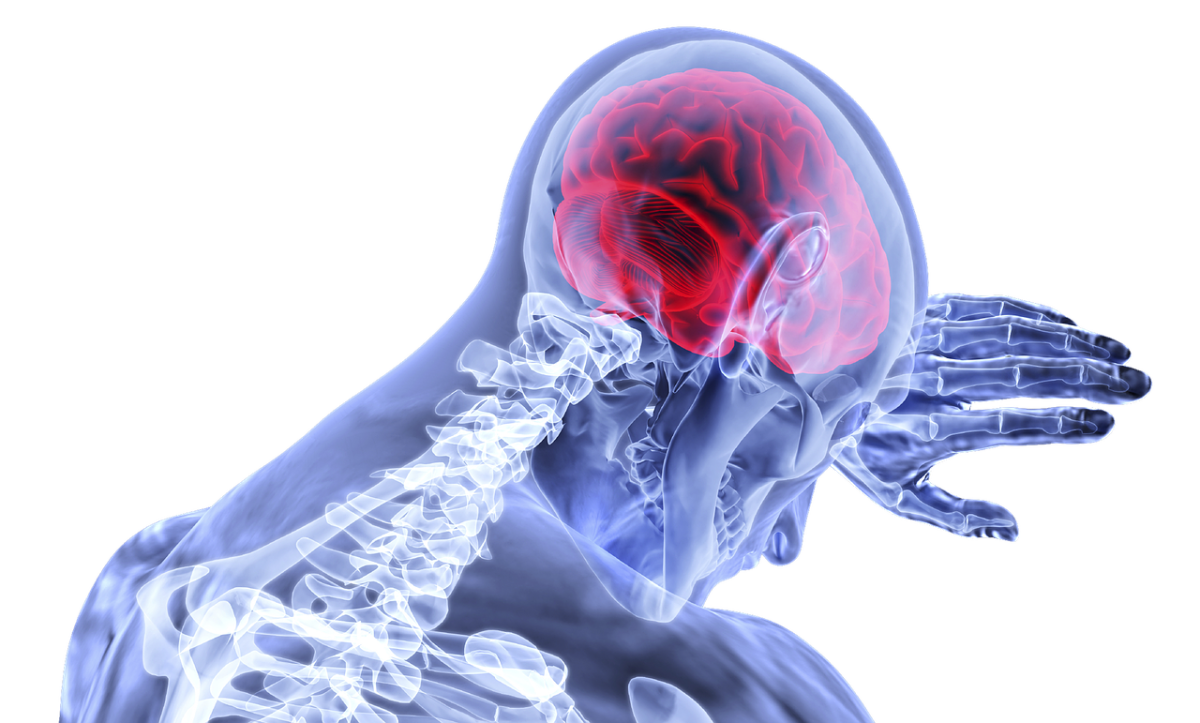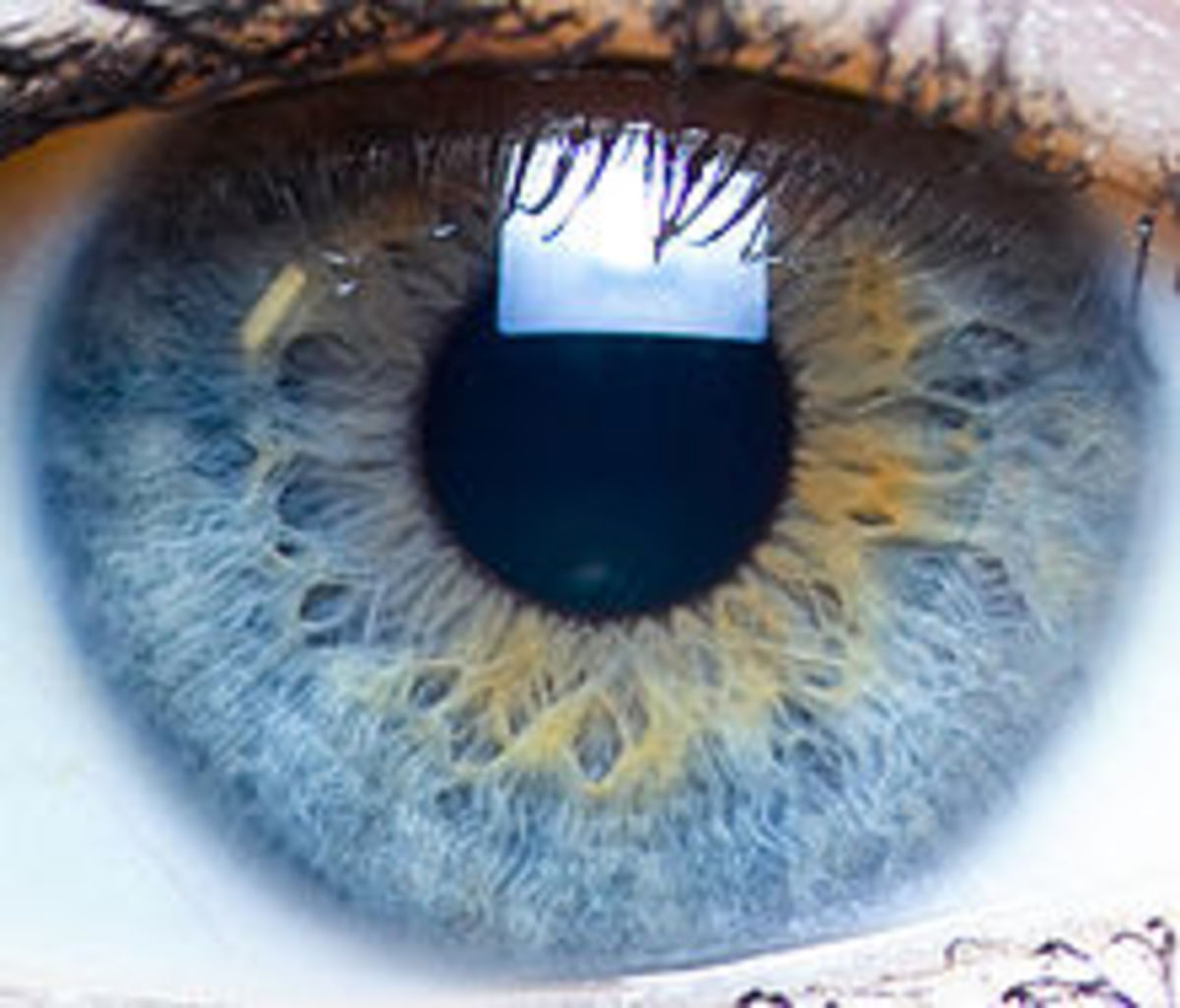Does Sleep Help Reduce Pain
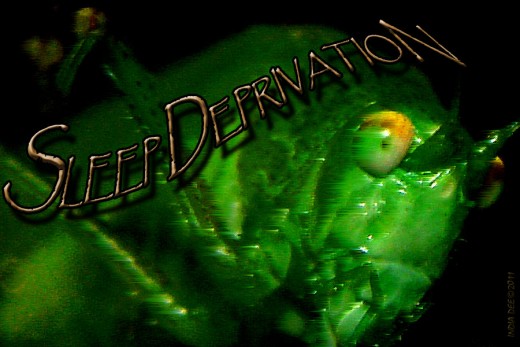
Sleep, Sleeping, and More Sleep!
Sleep is the Foundation of Pain Relief
My body hurts. It is a simple fact that as I have aged this mixture of bones, muscles, nerves and fluids has found each day more difficult to greet with vigor and enthusiasm. After spinal surgery a few years ago I thought that was it; no more fun, no more romping, no more agility and no more pain free days. Then, I started to question why? "Is pain the absolute co-pilot of aging?" Well, after years of searching for something that would help to reduce pain naturally, I missed the one thing that I needed most, sleep. That's right, sleep is the one essential life component that is required for much of the population's pain relief! Allow me to share with you what I have learned about the "sleep and pain connection".
About Your Sleep
Do you suffer from a lack of sleep?
How Much Sleep Do I Need to Stay Pain Free?
Over the years I encountered many responses to the number of hours one requires to get a good nights sleep. Some of these have been as little as 5 hours per night and some as many as 12 hours per night. But, once the extremes are out of the away, and the reality of just how the human body responds to sleep is considered, the number becomes something a little more realistic. To eliminate muscle and several other sources of pain, it is critical to get eight to nine hours of SOLID sleep; the good stuff, that deep REM, dream developed sleep. Nothing less will get the job done.
How To Improve Your Quality of Life
- BACK PAIN, 4 Unique Causes For Backache
Find 4 reasons for your backaches, back-pain, or back discomfort. Learn how to appreciate and keep your spine healthy and long lived. - Herniated Disc Pain Relief
A herniated disc is one of the most grueling pains to deal with, because it's truly unrelenting and sometimes insurmountable no matter what you do, even with the toughest painkillers available.
Why Don't We Just Get More Sleep?
As Society Evolved, Healthy Sleep Habits Devolved
People with sleep disorders, in my opinion, encounter major difficulties when it comes to body pain relief. Not getting enough sleep can happen for one significant reason; Americans don't make enough time for adequate sleeping. In comparison, on average, a hundred years ago, Americans were getting in around nine hours of sleep per night. And, according to Anthropologists, five thousand years ago we were getting an average nights sleep in the eleven and twelve hour range. When the sun went down it was too dark and dangerous to go outside, so people went to bed. When the sun popped up, people woke up. Later, when we began using candles when it got dark, the night became shorter due to the illumination factor; then light bulbs came into play; then TV; and finally computers. All individually taking their toll on our sleep time to such a degree, that today, five hours sounds pretty damn good! Believe me, five hours of sleep per night is not good. It's not even close to good.
Sleep Brain Waves Simulation (click to see full size)
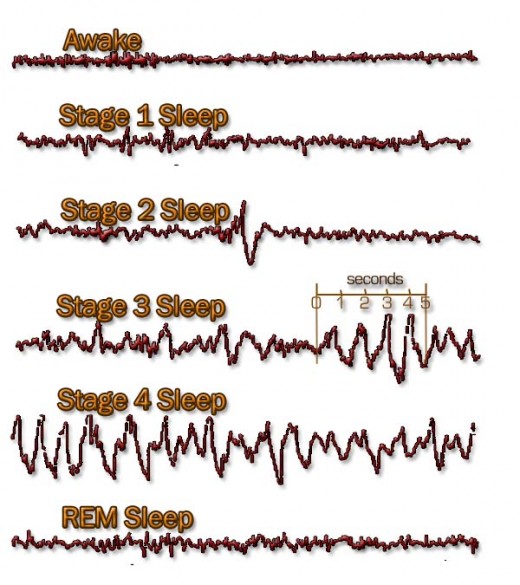
What Are the Stages of Sleep For Pain Relief?
Sleep Has 5 Distinct Stages
- Stage 1: Very light in and out sleep
- Stage 2: Fairly light sleep
- Stage 3 (delta sleep): Deeper sleep some delta wave brain activity
- Stage 4 (delta sleep): Deeper sleep almost all delta wave activity
- Stage 5 (REM) : Rapid Eye Movement Sleep
Defining The 5 stages of sleep:
Stage 1). Very light stage of sleep. Drifting in and out of sleep, slow eye movement, muscles slow while sometimes experiencing muscles contractions and a sense of falling. Easily awakened during this cycle.
Stage 2). Eyes stop moving, brain waves slow, an occasional flash of rapid brain waves.
Stage 3). Very, very slow brain waves (delta waves) are intermingled with faster smaller waves. Difficult to wake a person.
Stage 4). Slow wave sleep technically consists of stage 3 and 4. In stage 3, the delta waves make up less than 50% of the total wave pattern, while stage 4 measures more than 50% of the pattern as being delta wave pattern.
Stage 5). This stage is most commonly referred to as REM sleep.
What is Delta (slow wave) sleep?
The delta wave, or slow wave state of sleep, is noted as being difficult to awakened from. It is recognized by the presence of slower brain waves called delta activity during an EEG test. It is a type of NREM sleep and is called stage three and four—and most commonly stage five— within sleep studies.
The chart below teaches the stages of sleep and what each consists of "in at a quick glance."
Stages of Sleep at a Glance
STAGE OF SLEEP
| WHAT HAPPENS IN THE BODY
|
|---|---|
Stage 1
| Very light stage of sleep. Drifting in and out of sleep, slow eye movement, muscles slow while sometimes experiencing muscles contractions and a sense of falling. Easily awakened during this cycle.
|
Stage 2
| Eyes stop moving, brain waves slow, an occassional flash of rapid brain waves.
|
Stage 3
| Very, very slow brain waves (delta waves) are intermingled with faster smaller waves. Difficult to wake a person.
|
Stage 4
| Only slow delta waves are produced. No eye or muscle movement. Night terrors, sleepwalking, and bed wetting occur during this stage. (in 2008 USA sleep experts combined stage 3 and 4 into one, making them both actually stage 3).
|
Stage 5 (REM)
| Eyes jerk wildly, rapid and irregular breathing, and muscles become temporarily paralyzed. Brain waves increase to that of wave lengths when awake, rapid heart rate and respiration, increased blood pressure, males can become erect, body temperature can become unregulated. This is where dreams take place.
|

A Little About Fibromyalgia and Sleep
Some clinicians speculate that those who suffer from Fibromyalgia are likely deficient in stage 3 and 4 sleep. These stages are also known as delta wave sleep, and they are required for the production of human growth hormone, which is essential in repair and healing body tissues. Some sleeping medications keep a person in stage two sleep, which obviously prevents this healing process from being achieved all together. The good news is that you have choices in which sleep aides you use. Some great Natural sleep aides are available to help get you to, and then keep you in stage 3 and 4 of the sleep cycle. Here are a few to choose from:
4 Natural Sleep Aides
Hydroxy L-tryptophan (5-HTP): Helps the body to make serotonin
Revitalizing Sleep Formula: A mixture of natural sleep herbs
- Calcium and Magnesium: Help to calm the body and promote bone health
- Melatonin; A natural hormone for sleep
Combining soothing (Delta Wave Sleep inducing) CDs with natural sleep aides can bring on, and keep you in a deep stage 3 sleep state for longer periods of time, making healing possible.
A Clean Body Promotes Deep Sleep
What Does it Mean to Sleep Clean?
- No alcohol close to bedtime
- No caffeine after 4:00 P.M.
- Your bed is NOT for working, studying, arguing, or reviewing problems
- Take a hot bath before bed
- Keep your bedroom cool
- If your partner snores, get wax earplugs (or sleep in another room)
- Don't look at the clock, as this will intensify sleep frustrations
- Have a light snack prior to bedtime. (Low fat and high in amino acid tryptophan foods—such as turkey or milk—can help with sleeping.)


